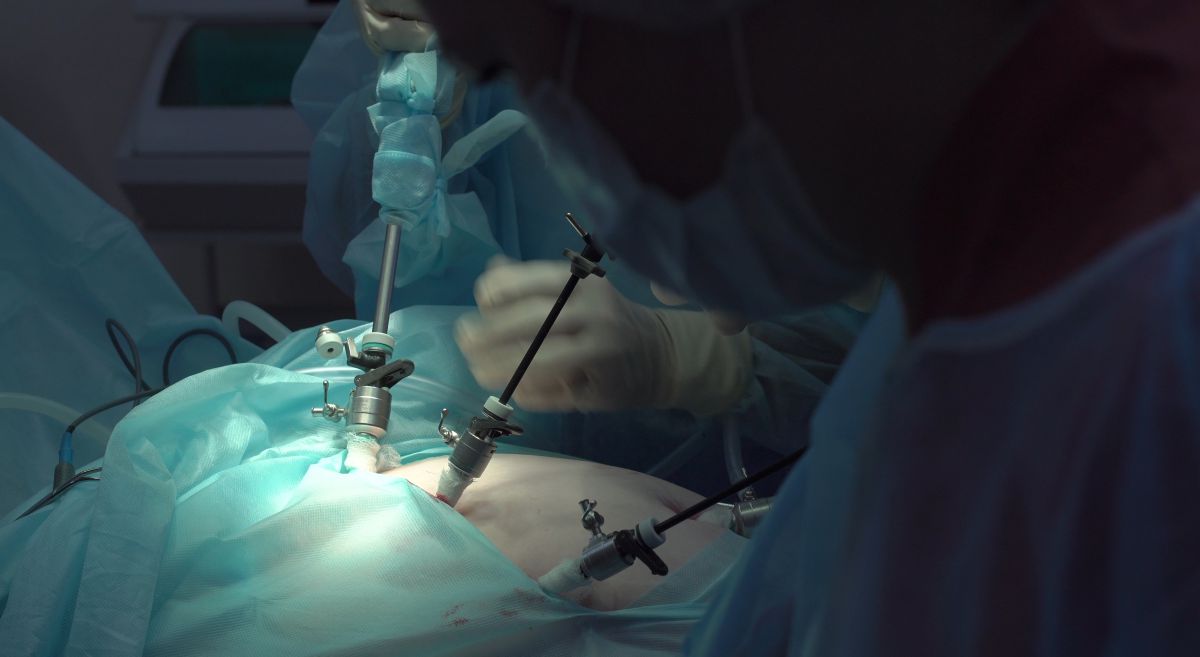Overview
At Aster Whitefield Hospital, the Centre of Excellence for Surgery and allied specialities has the distinction of being one of the few hospitals in Bangalore to provide the latest in medical technology, such as Robotic Surgery and Image Guided Surgery. Experienced doctors use a combination of the latest technology, advanced surgical techniques and evidence-based care to provide the best outcomes to patients. Most of the surgeries are performed through minimally invasive techniques to ensure that the patient suffers minimal blood loss and pain. Scarring is almost negligible, and the recovery time is much faster. Department also has a well-equipped Intensive Care Unit (ICU) for critical or high-risk patients, and a dedicated team of experts to ensure that the patient receives the best care.
Services
Pre-Operative Care:
Consultation and diagnosis
Pre-operative tests
Informed consent
Medication adjustments
Dietary modifications
Post-Operative Care:
Pain management
Wound care
Physical therapy
Dietary guidance
Discharge planning
Surgical Procedures:
Our esteemed surgical department encompasses a wide spectrum of procedures crafted to meet diverse patient needs. From delicate thyroid surgeries to intricate colon procedures, gall bladder surgeries, and breast surgeries, our experienced surgical team is equipped to address a myriad of conditions with precision and care
Emergency Care:
Aster Whitefield Hospital's general surgery department provides 24/7 emergency care, ensuring prompt and expert attention for all surgical emergencies. Their highly skilled surgeons can handle even the most complex cases. Equipped with state-of-the-art facilities, Aster Whitefield is committed to delivering high-quality, personalized care for optimal outcomes and patient peace of mind.
Specialties:
Endoscopic Procedures
Minimally Invasive Surgery (MIS)
Surgical Oncology
Gastrointestinal Surgery
Plastic Surgery
Abdominal Surgery
Endocrine Surgery
Soft Tissue Surgery
Trauma Surgery
Robotic-assisted Da Vinci Surgical System
Hernia surgery
Appendicectomy surgery
Gallbladder surgery
Thyroid surgery
Breast surgery
Complex abdominal wall surgeries with component separation
Haemorrhoids (Piles), Fissures, Fistula surgery
Management of cellulitis
Facility and Technology Highlights
Advanced equipment
Robotic Surgery
Operating Rooms
Intensive Care Unit (ICU)
Pathology Laboratory
Centralized Blood Bank
Advanced Clinical Support
Aster Whitefield Hospital provides best of clinical excellence
State-of-the-art OT facility with modular theatre & OR integration
Level 3 MICU
11 bedded SICU
12 bedded CTVS ICU
State-of-the-art BMT Unit
Level 3B NICU
Level 3B PICU
30 Bedded Oncology Daycare
World-class delivery and LDR suites
NABL Accredited lab
24 Hr Emergency Facility
Dialysis
24/7 Radiology
24/7 Pharmacy

General surgery is a medical specialty that involves the diagnosis, treatment, and management of a wide range of surgical conditions affecting various parts of the body. General surgeons are trained to perform operations on the abdominal organs, skin, breast, soft tissues, and more.
Your doctor will determine if surgery is necessary based on your symptoms, medical history, and diagnostic tests. If surgery is recommended, a general surgeon will discuss the procedure with you, including the risks, benefits, and expected outcomes.
Common surgeries include appendectomy, cholecystectomy (gallbladder removal), hernia repair, breast surgery, colon surgery, and procedures for treating skin cancer.
All surgeries carry some risk, which can include infection, bleeding, blood clots, and adverse reactions to anesthesia. Your surgeon will discuss the specific risks associated with your procedure and how they will be managed.
Yes, follow-up appointments are essential to monitor your recovery, remove stitches, and address any concerns or complications. Your surgeon will schedule follow-up visits and discuss any necessary ongoing care.
Yes, many general surgeries can be performed using minimally invasive techniques, such as laparoscopy, which involves smaller incisions, less pain, and quicker recovery times. Your surgeon will determine if you are a candidate for minimally invasive surgery.
General surgeons treat a variety of conditions, including hernias, gallbladder issues, appendicitis, gastrointestinal problems, thyroid disorders, and skin lesions. They also perform surgeries related to cancer, such as breast and colon cancer.
During your consultation, the surgeon will review your medical history, discuss your symptoms, perform a physical examination, and may order additional tests. They will explain your diagnosis and the recommended surgical or non-surgical treatment options.
Preparation depends on the type of surgery. Your surgeon will provide specific instructions, which may include fasting, stopping certain medications, and arranging transportation home after the procedure. Pre-operative testing may also be required.
Recovery time varies depending on the type of surgery, your overall health, and any complications. Some surgeries may require only a few days of recovery, while others may take weeks or months. Your surgeon will provide a personalized recovery plan.
Most general surgeries are covered by health insurance, but coverage may vary depending on your plan and the nature of the surgery. It’s important to verify coverage with your insurance provider and discuss any out-of-pocket costs with the surgical team.
If you have any concerns or questions after your surgery, contact your surgical team immediately. They can provide guidance, address any issues, and offer reassurance during your recovery.





